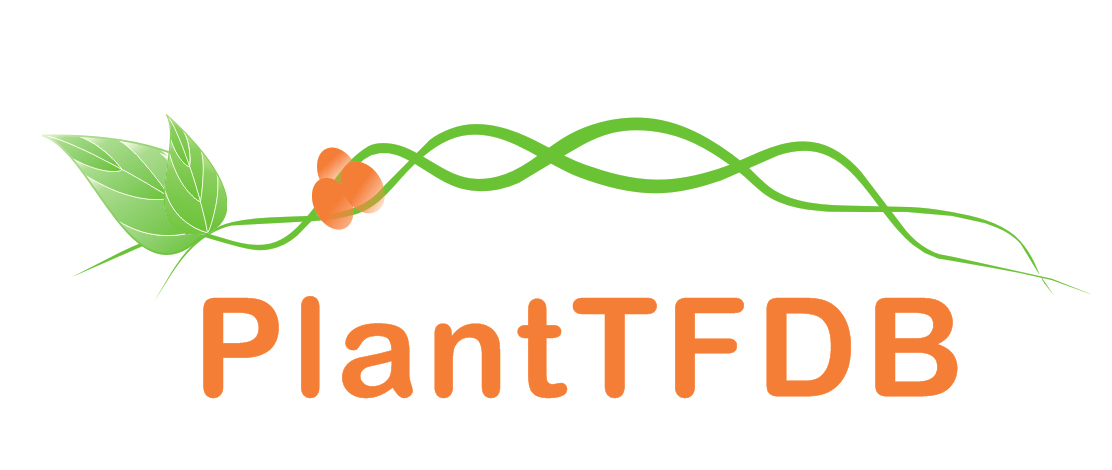 |
PlantRegMap/PlantTFDB v5.0
Plant Transcription
Factor Database
|
| Home TFext BLAST Prediction Download Help About Links PlantRegMap |
| Species | TF ID | Description |
|---|---|---|
| Tp1g17530 | TALE family protein | |
| Tp1g20820 | TALE family protein | |
| Tp2g01590 | TALE family protein | |
| Tp2g02240 | TALE family protein | |
| Tp2g22310 | TALE family protein | |
| Tp3g29670 | TALE family protein | |
| Tp4g02690 | TALE family protein | |
| Tp4g10020 | TALE family protein | |
| Tp4g18190 | TALE family protein | |
| Tp5g25630 | TALE family protein | |
| Tp5g30550 | TALE family protein | |
| Tp5g30580 | TALE family protein | |
| Tp6g10130 | TALE family protein | |
| Tp6g32440 | TALE family protein | |
| Tp6g40400 | TALE family protein | |
| Tp7g00540 | TALE family protein | |
| Tp7g29840 | TALE family protein | |
| Tp7g30750 | TALE family protein | |
| Tp7g32400 | TALE family protein | |
| Tp7g34520 | TALE family protein | |
| Tp_un0010_001 | TALE family protein |
A homeobox (HB) encodes a protein domain, the homeodomain (HD), which is a conserved 60-amino acid motif present in transcription factors found in all the eukaryotic organisms. This 60-amino acid sequence folds into a characteristic three-helix structure that is able to interact specifically with DNA. Most HDs are able to bind DNA as monomers with high affinity, through interactions made by helix III (the so-called recognition helix) and a disordered N-terminal arm located beyond helix I. The high degree of conservation of this type of domain among diverse proteins from different kingdoms indicates that this structure is crucial to maintain the HD functionality and that the role played by this domain is vital.
Ariel FD, Manavella PA, Dezar CA, Chan RL.
The true story of the HD-Zip family.
Trends Plant Sci, 2007. 12(9): p. 419-26.
PMID: 17698401
the three-amino-acid-loop-extension (TALE) class of homeoproteins has been shown to control meristem formation and/or maintenance, organ morphogenesis, organ position, and several aspects of the reproductive phase. This family contains the KNOTTED-like homeodomain (KNOX) and BEL1-like Homeodomain (BELL) members, which function as heterodimers.
Hamant O, Pautot V.
Plant development: a TALE story.
C R Biol, 2010. 333(4): p. 371-81.
PMID: 20371112



